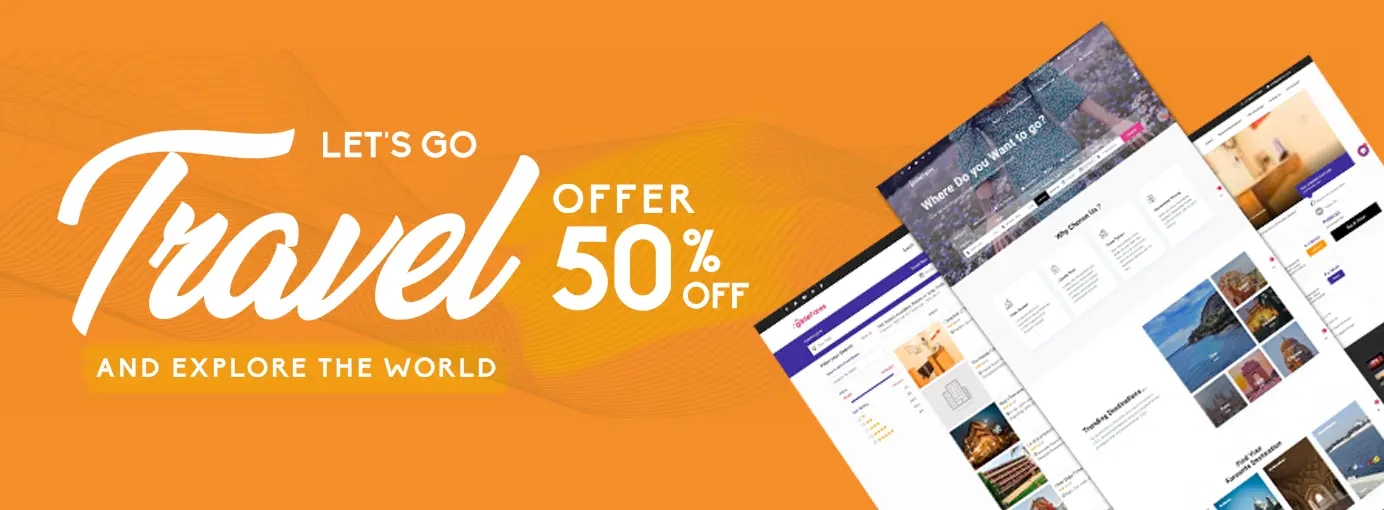Ready to go-LIVE travel solutions that helps your travel agency to sell a range of travel services pretty instantly. adivaha® travel solutions make sure you have no boundation over your imagination, you can do everything online, without the need for any technical knowledge or design skills. Easy Backoffice, extensive reporting with integrated Funds Management System.
API: Types, Spec, Docs - Explained!

An API (Application Programming Interface) serves as a channel for different software applications to communicate with each other. It defines the methods and data formats that applications can use to request and exchange information. When it comes to API documentation, it is crucial for developers to have a clear understanding of what the API does, its functionalities, and how to interact with it. This documentation typically includes details on endpoints, parameters, request and response formats, authentication methods, error codes, and usage examples. By providing comprehensive API documentation, developers can more effectively integrate the API into their own applications, leading to streamlined processes and improved user experiences.
There are various types of APIs based on their intended use and audience. B2C travel websites often utilize APIs to access travel-related data such as flight schedules, hotel availability, or tourist information from third-party providers. These APIs enable travel platforms to offer comprehensive services to their customers without having to develop everything from scratch. On the other hand, b2b system integration involves APIs that facilitate the seamless connection between different businesses' systems, allowing them to share data and functionality securely. This integration streamlines processes, enhances collaboration, and increases efficiency across organizations.
API specifications play a crucial role in ensuring that APIs are well-designed and operate efficiently. They define the rules and standards that developers must follow when building or interacting with an API. Specifications like REST (Representational State Transfer) or GraphQL outline best practices for designing APIs, structuring requests, and handling responses. By adhering to these specifications, developers can create APIs that are consistent, scalable, and easy to use. In the context of b2c travel websites, following API specifications helps ensure that travel data is accessed and displayed correctly, enhancing the user experience. Similarly, in B2B system integration, standardized API specifications enable different systems to communicate effectively, fostering interoperability and data exchange between businesses.
An online car rental booking system offers convenience and flexibility for travelers looking to rent a vehicle for their journeys. By utilizing platforms provided by the best travel websites, individuals can easily compare prices, browse vehicle options, and make reservations from the comfort of their homes. The seamless process of booking a rental car online allows travelers to specify their pickup and drop-off locations, select their desired vehicle type, and schedule their rental period effortlessly. Best travel websites that feature user-friendly interfaces and detailed search filters enhance the overall experience of customers seeking rental cars for their trips.
Tours and attractions mobile applications play a crucial role in providing travelers with access to a wide range of activities and destinations during their vacations. These apps showcase the best practices in offering detailed descriptions, high-quality images, and customer reviews to help users make informed decisions about their sightseeing experiences. By incorporating interactive maps, real-time availability updates, and secure payment options, tours and attractions mobile applications streamline the process of discovering and booking exciting activities. Examples of top-tier apps in this category, such as TripAdvisor Experiences and Viator, demonstrate how integrating user-generated content and personalized recommendations can enhance the exploration of diverse tours and attractions worldwide.
For travelers seeking memorable experiences and hassle-free transportation arrangements, the utilization of online car rental booking systems and tours and attractions mobile applications is paramount. By leveraging the functionalities of the Best travel websites and innovative mobile platforms, individuals can efficiently plan their trips, reserve rental cars, and explore exciting tours and attractions with ease. The continuous evolution of these digital tools, combined with exemplary practices and user-centric features, ensures that travelers can optimize their journeys by accessing a plethora of options, making informed choices, and enjoying seamless booking experiences on the go.
The online car rental booking system has revolutionized the travel industry by offering customers a convenient way to book their desired vehicles with just a few clicks. One of the best travel websites that excel in this aspect is RentalCars.com, which provides a user-friendly platform for customers to compare prices across multiple car rental companies, making it easier for them to find the best deal that suits their needs. By utilizing an efficient online car rental booking system, customers can save time and effort while ensuring a smooth and hassle-free rental experience.
When it comes to tours and attractions mobile applications, the best practices involve incorporating interactive maps, detailed descriptions, and secure payment options to enhance users' overall experience. An excellent example of a tours and attractions mobile application that implements these best practices is Viator. With its comprehensive list of tours and activities worldwide, users can easily browse through different categories, read reviews, and book their desired experiences right from the app. This level of convenience and functionality demonstrates how a well-designed mobile application can streamline the process of discovering and booking tours and attractions.
In the realm of travel apps, having a robust API is essential for seamless integration with various services and platforms. Types of APIs like REST, SOAP, and GraphQL play a crucial role in defining how data is communicated between different systems. By following API specifications and documentation such as OpenAPI, developers can ensure that their APIs are well-defined, easily understood, and compatible with a wide range of applications. Robust API documentation is key to helping developers and users effectively utilize the API's capabilities and integrate them into their projects with ease.
